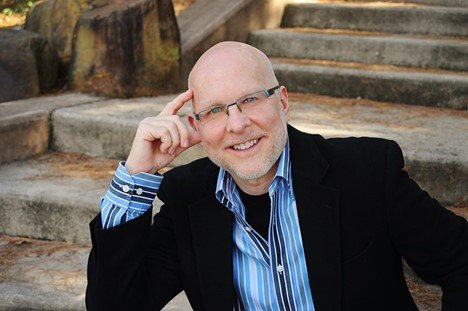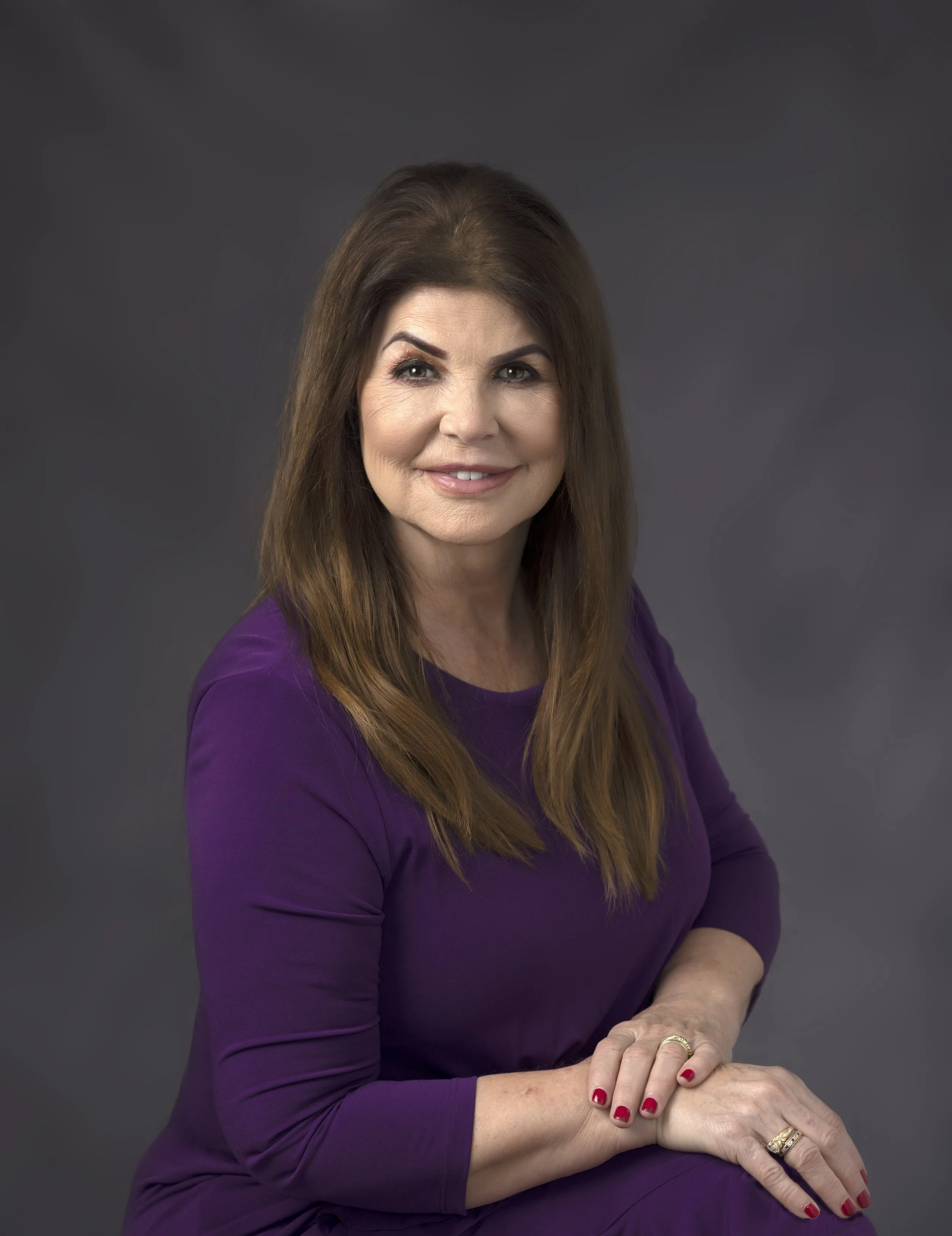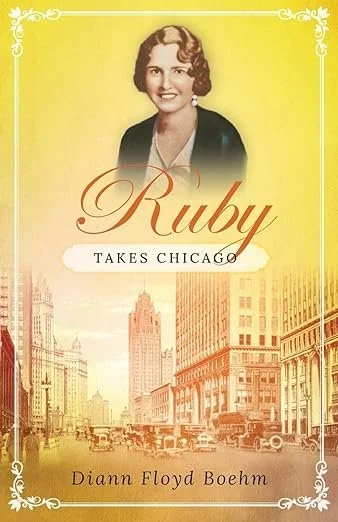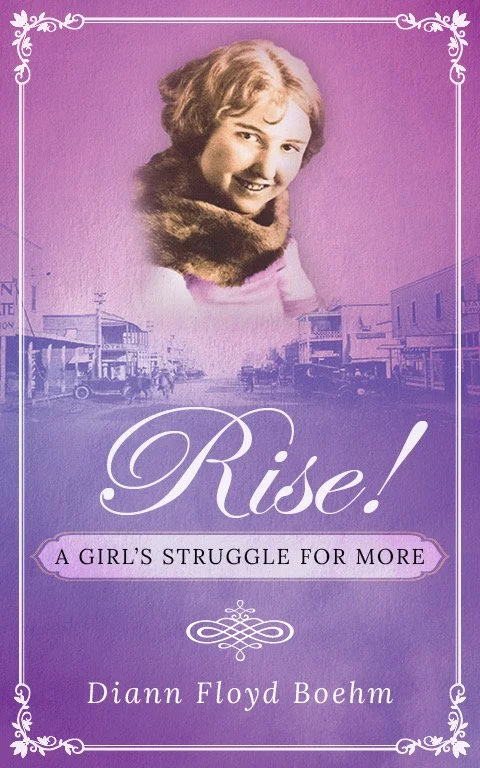Stacy Rogers
Stacy is a graduate of Teachers College, Columbia University where she earned a Master of Education and a Master of Arts in Counseling Psychology. A world traveler, Stacy has spent time in the Himalayas, the Andes, the High Atlas Mountains, and Southeast Asia. Behind Jagged Edges of Silhouette Trees is her debut novel.
Marina Raydun: What inspired your debut novel--Behind Jagged Edges of Silhouette Trees?
Stacy Rogers: Life experiences that have shaped my perceptions of the world and my sense of connection to it inspired me to write Behind Jagged Edges of Silhouette Trees. Through my two protagonists, A’isha and Tsewang, I put voice to these experiences and to the ways in which they have also impacted my identity.
MR: The title itself is very evocative. How did you come up with it?
SR: “Behind jagged edges of silhouette trees” is part of a narrative line one-third of the way into A’isha’s story. It spilled from me one morning as I wrote, and in that moment I thought, “Ah, this is the title of my novel!”
MR: You’re a real world traveler. What is it about travel that attracts you the most?
SR: I am fascinated by the common threads that bind the global quilt of cultural similarities but are often eclipsed by difference and dismissed as insignificant and unnecessary for human survival.
MR: Your background is in psychology and education. How does this background lend itself to creative writing?
SR: For 36 years, I taught high school English and conducted psychotherapeutic groups for at-risk youth. Whenever time allowed, I delved into my passion for storytelling and wrote about the life-changing encounters I stumbled upon as I traveled the world. Eight years ago, I sought to weave these components of my life so that I may lend voice to the universal quest for authenticity, by way of the spiritually- oriented, thematic lessons I offer in Behind Jagged Edges of Silhouette Trees.
MR: Do you remember a particular event growing up when you first learned to appreciate the value of language?
SR: My mother was a Cuban immigrant. One of my most vivid childhood memories is of her reading the New York Daily Newspaper with a knitted brow, and circling words she did not understand. She would say the words aloud, look them up in the Webster’s Dictionary, and try to memorize the meaning. Her unwavering determination to learn the English language impressed upon me the importance of language and the power it yields.
MR: Tell us more about your writing routine?
SR: I am most creative at daybreak. Not sunrise, but daybreak. There is something magical…spiritual…about the dawning of a new day. I am inspired by the promise and potential of new beginnings; they fuel my imagination, wonder, and creative process.
MR: What is your favorite genre to read?
SR: I appreciate memoir and respect authors who boldly share their life’s journey. Still, I most enjoy the boundless imagination and creativity of fictional work. The ability to craft an imaginary world into which a reader is transported, losing sense of time, requires a skillset that commands my attention and applause.
MR: What are you currently reading?
SR: I tend to re-read the literary masterpieces that have been most influential to my love for fiction. John Steinbeck’s The Grapes of Wrath, Toni Morrison’s The Bluest Eye, and the novel that was seminal to my love for literature, Don Quixote de la Mancha by Miguel Cervantes (which I am currently re-reading), are among my favorite works and are always within my reach.
MR: Any fun travels on the horizon for you? What’s next for you writing-wise?
SR: Next summer, I will return to Asia to spend time in India. It is where Behind Jagged Edges of Silhouette Trees ends, and will be the initial setting for its sequel.
For more information, please visit https://stacyelenarogers.com/


















